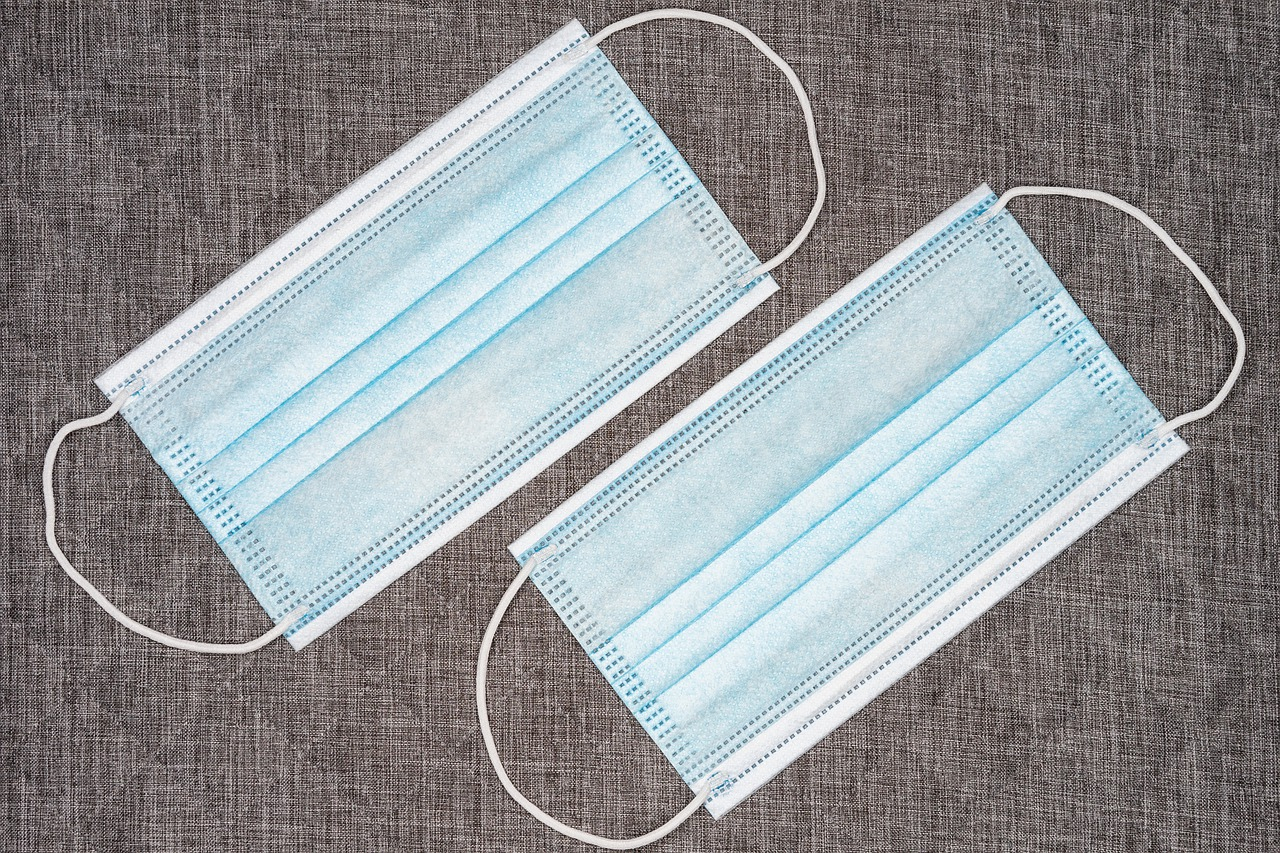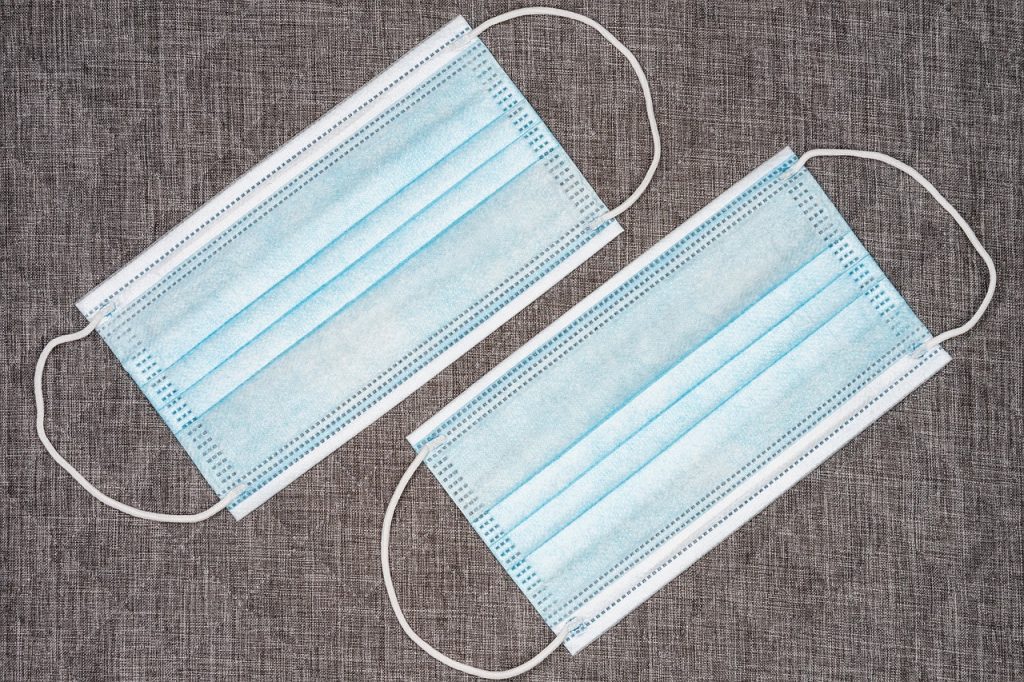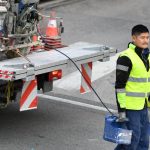
ZAGREB, Dec 7, 2020 – Face masks will be compulsory also for persons who have recovered from COVID-19 since it is still not known how newly-acquired immunity affects transmission, and masks will continue to be compulsory also after vaccination, Croatian Public Health Institute (HZJZ) head Krunoslav Capak said on Monday.
“If the virus settles in a mucous membrane, there is no evidence as to whether immune persons can transmit the disease, and that is why those who have recovered from the infection should wear masks as well. That will remain so also after the vaccination,” Capak said at a news conference held by the national COVID-19 response team.
He said that Croatia still had a high incidence rate, with 1,154 infections per 100,000 inhabitants, and that Luxembourg was the only other EU country with a higher incidence.
As for the mortality rate, Croatia is 14th in the EU, with 515 fatalities per one million inhabitants.
The share of positive cases among tested persons in the last 14 days has been 35.6%, with Bulgaria and Poland having higher rates.
In the past 24 hours, there have been 1,886 new infections and 59 fatalities.
A total of 2,629 patients are receiving treatment in hospitals, including 277 who are on ventilators, which is 40 more than on Sunday.
In the past 24 hours, 254 people have been hospitalised and 133 have been released.
The number of active cases stands at 22,124.
The death toll is 2,231.
Currently 52,764 people are self-isolating.
So far 816,241 people have been tested for the novel virus, of whom 5,356 have been tested in the last 24 hours.
Capak said that 136,000 fast antigen tests had been procured, of which 80,000 would be distributed among retirement homes to test 40,000 residents and staff members. The rest will be distributed among emergency medical services for fast diagnostics.
Health Minister Vili Beros said that telemedical centres would be set up in all COVID-19 facilities to establish expert cooperation between all institutions treating COVID-19 patients. The central facility will be Zagreb’s Hospital for Infectious Diseases and the goal of the project is to harmonise practice in the application of new information on coronavirus in the treatment of patients.
The head of the national COVID-19 response team, Minister of the Interior Davor Bozinovic, said that in the last 24 hours civil protection inspectors had carried out 2,442 inspections of businesses and public gatherings, issuing 544 warnings and a fine in the amount of HRK 30,000.
“A total of 1,778 checks have been carried out as well, 265 irregularities have been established and 92 reports have been made that will be submitted to the relevant institutions to decide on possible launching of misdemeanor proceedings. A total of 8,743 facilities have been checked and violation of epidemiological restrictions has been found in seven,” he said, noting that 63 people had been found to have violated self-isolation rules and that three criminal reports would be filed.
Commenting on an appeal by scientists that was signed over the weekend by half of the government’s scientific council, Bozinovic said that some of their recommendations had already been translated into decisions and restrictions introduced by the national COVID-19 response team as well as that measures would continue to be adopted.
“We are having discussions with representatives of the retail sector in order to limit the number of customers who can be in a shop at the same time. As for schools, (Education) Minister (Radovan) Fuchs will discuss possible corrections of initial plans with county heads today. We have already said on several occasions that all decisions are made based on the epidemiological situation, after we establish that the previous ones have either not helped reduce the number of infections or that certain increases have been identified,” he said.
Commenting on the scientists’ appeal, in which they presented their recommendations to deal with the current health and social crisis in the country, the head of the Hospital for Infectious Diseases, Alemka Markotic, said that opinions were different but that communication was ongoing.
“We have been in touch with our colleagues abroad and have been communicating and exchanging experience with them on a daily basis. It is important to ask questions and seek solutions,” she said.










